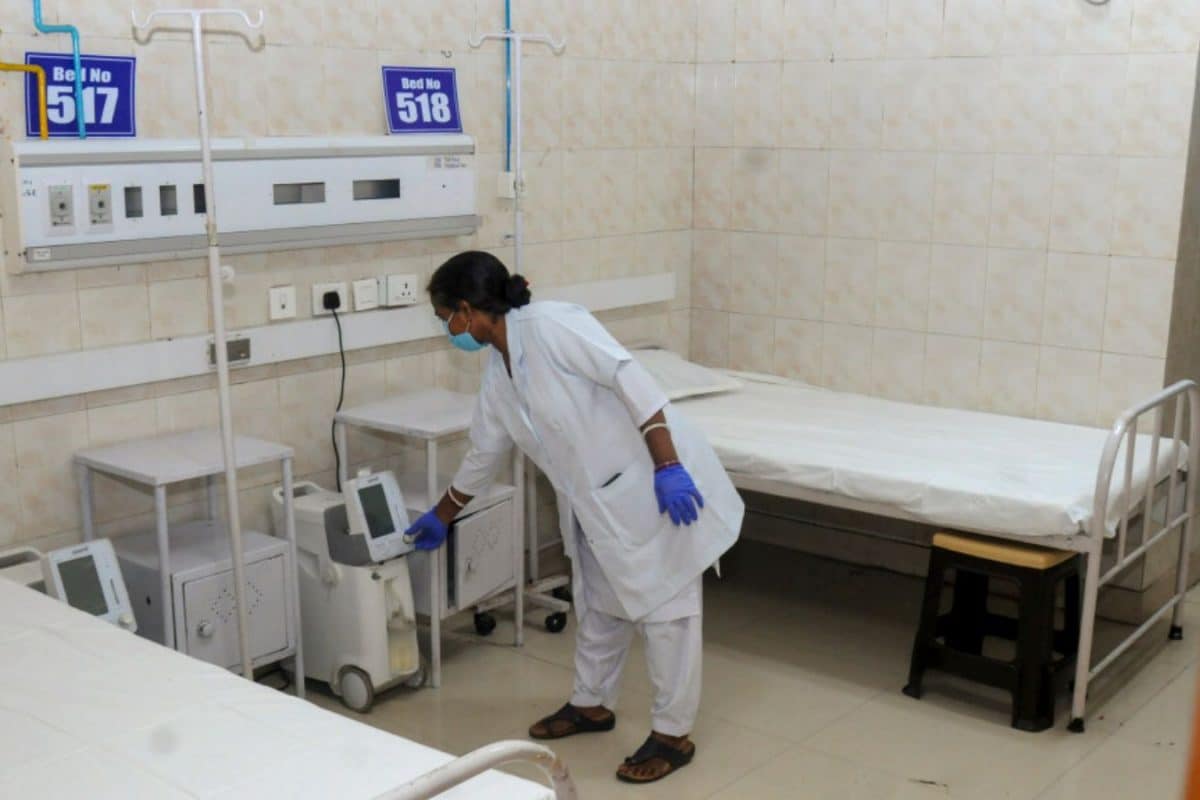

As active COVID-19 cases in India have breached the 4,000 mark, the central government is set to conduct a nationwide mock drill today to assess the preparedness of hospitals across the country. This exercise aims to evaluate the readiness of healthcare facilities in the face of a recent uptick in cases and ensure that the nation's health infrastructure is well-equipped to handle any potential surge.
The decision to conduct the mock drill comes in response to the rising number of active COVID-19 cases, which, according to the Ministry of Health and Family Welfare (MoHFW), currently stands at 4,302 as of June 5, 2025. In the past 24 hours, 276 new cases have been reported, along with seven deaths, highlighting the need for proactive measures. Overall 44 deaths have been recorded since January 1st, 2025. While the majority of these cases are reported to be mild and manageable at home, the government is taking no chances and is keen on ensuring that hospitals are prepared for any eventuality.
The mock drill will involve assessing various aspects of hospital preparedness, including the availability of essential resources such as oxygen, ventilators, isolation beds, and essential medicines. This comprehensive evaluation will help identify any gaps in resources and infrastructure, allowing for timely corrective actions. A similar mock drill to assess oxygen supply systems, including PSA plants, LMO tanks, and MGPS lines, was conducted on June 2nd.
The states and union territories have already been instructed to reinforce their healthcare infrastructure and ensure the availability of critical resources. This includes ramping up testing and genome sequencing to detect and monitor any emerging variants. Specifically, testing is recommended for all Severe Acute Respiratory Illness (SARI) cases and 5% of Influenza-Like Illness (ILI) cases, with positive SARI samples being sent for whole genome sequencing.
Several states have already taken proactive steps to enhance their preparedness. Kerala's health department has issued directives to all government and private hospitals to conduct mock drills and follow the Revised ABC Guidelines 03, issued in June 2023, for treating patients with COVID-19 and influenza symptoms. Maharashtra has instructed district health authorities to conduct oxygen plant drills and promote early testing awareness. Delhi's All India Institute of Medical Sciences (AIIMS) has reintroduced guidelines mandating mask-wearing, hand hygiene, and limiting exposure to infected individuals for its staff.
The Union Health Ministry has also urged the public to adhere to COVID-appropriate behavior, including practicing hand hygiene, following cough etiquette, and avoiding crowded places when unwell. Individuals experiencing acute respiratory symptoms are advised to self-monitor and seek medical attention if their symptoms worsen.
The World Health Organization (WHO) has acknowledged the increase in SARS-CoV-2 activity globally and has advised member countries to remain vigilant. While the WHO does not recommend imposing travel or trade restrictions based on the current risk assessment, it emphasizes the importance of ongoing monitoring and preparedness.
The government's coordinated response, including the nationwide mock drill, reflects a proactive approach to managing the ongoing COVID-19 situation. By assessing and strengthening hospital preparedness, reinforcing surveillance, and promoting public awareness, India aims to mitigate the impact of the recent surge in cases and protect public health.